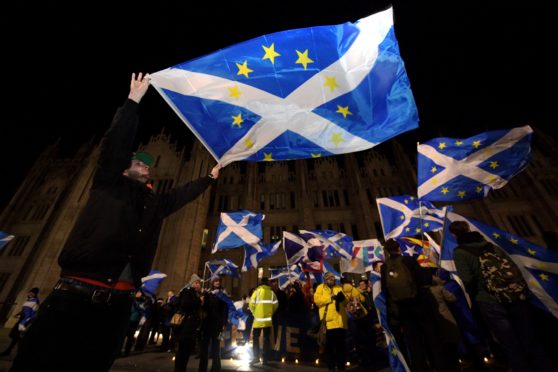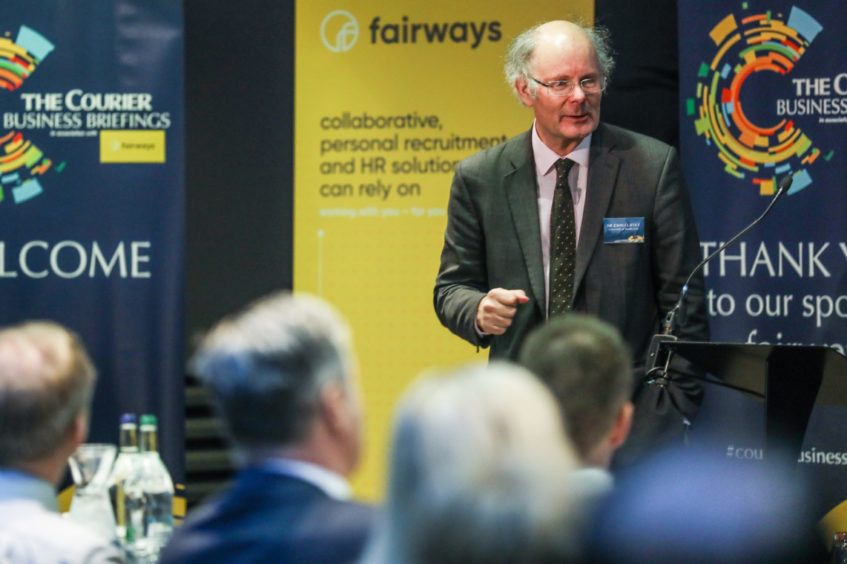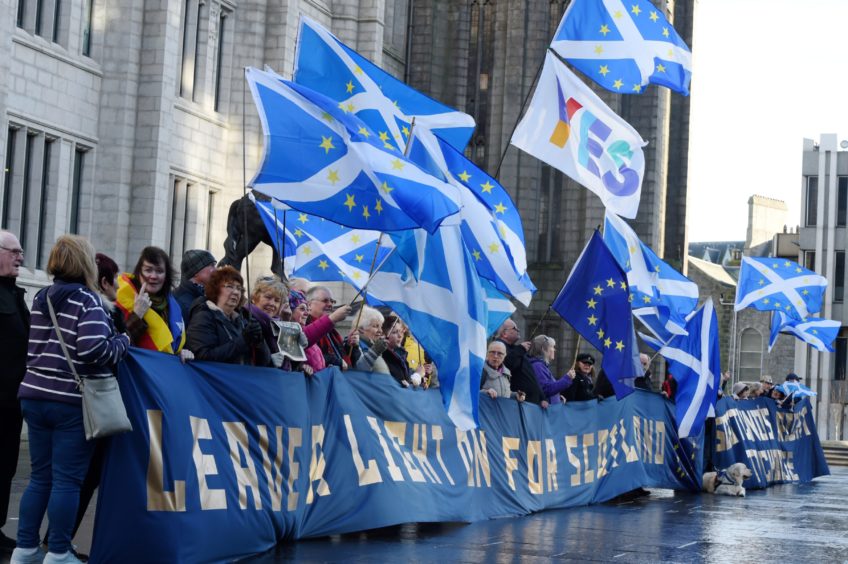The UK Government’s pursuit of Brexit undermined confidence in the Union in Scotland and has led to a swell in support for independence, according to a new report from polling expert Sir John Curtice.
The paper, published by whatscotlandthinks.org and the Scottish Centre for Social Research, found that all of the growth in support for independence in evidence prior to coronavirus occurred among those with positive views about EU membership.
Meanwhile, for the most part, voters in Scotland are now pessimistic about the consequences of Brexit but relatively optimistic about what independence would bring.
Co-authored by Sir John and Ian Montagu, the report analyses data from the latest annual round of the Scottish Social Attitudes survey – which was conducted between August 2019 and March 2020, when the UK was in deadlock over Brexit and Boris Johnson was elected under the promise to ‘Get Brexit Done’.
The latest survey, which has been tracking attitudes towards how Scotland should be governed since the advent of devolution in 1999, found a record 51% of Scots would prefer Scotland to be independent, while 36% backed devolution and 7% favoured there being no Scottish Parliament at all.
Among voters as a whole, support for independence was five points higher than it was in 2016, when the Brexit referendum was held.
Sir John, senior fellow at the Scottish Centre for Social Research and at UK in a Changing Europe, has warned those who have pursued Brexit but want to keep the Union together cannot ignore the consequences of their actions.
He said: “For a while after the EU referendum, it looked as though the lack of support for Brexit in Scotland was failing to move the dial on public opinion about independence.
“Over time, however, the pursuit of Brexit has weakened many people’s views of the merits of the union.
“For a significant body of people in Scotland, independence inside the EU has now come to look more attractive than being part of a UK that is outside the EU.
“That may not have been either the wish or the intention of those who have advocated leaving the EU but that does not mean that they can afford to ignore the apparent consequences.”
A stronger voice
The paper found that among those who would vote to remain in another EU referendum, support for independence had increased by 13 points, from 44% in 2016 to 57% in the latest survey.
In contrast, among people who would vote Leave in another EU referendum, the proportion backing independence has fallen over the same period from 45% to 39%.
The co-authors of the report believe this is evidence of a sharp contrast between voters’ perceptions of Brexit and their feelings towards independence.
According to the findings, just 18% believe that Britain’s economy will be better of in the wake of Brexit, whereas 43% believe Scotland’s economy would be better under independence.
Some 15% of Scots now believe Brexit will result in Britain having more influence in the world, whereas well over half, 54%, think Scotland’s voice in the world would be stronger as an independent country.
A quarter of people in Scotland believe being part of the EU undermines Britain’s distinctive identity, while 62% feel that an independent Scotland would have more pride in itself.
Coronavirus: A game-changer for independence?
In an exclusive interview in September, Sir John said there was evidence to suggest the Covid-19 pandemic had led to a further surge in support for independence and the SNP, which could make a majority in the 2021 Scottish Parliament election more likely.
He also explained how the 2024 General Election could be used as a de-facto independence referendum if Westminster rejects calls for a new ballot from an SNP majority government next year.
Sir John believes the SNP could consider running on a platform where winning a majority of Scottish seats in a future election would be regarded as grounds to declare independence – a return to the party’s official position prior to devolution.
He said: “If the SNP get an overall majority at Holyrood on their own next year, which I think is the condition they will have to satisfy, and by one means or another the UK Government says no, then you have to ask what position they will adopt in response.
“One possibility would be to say that if the UK Government is not willing to accept a referendum, then they would regard forthcoming elections as indeed a vote on independence.”



